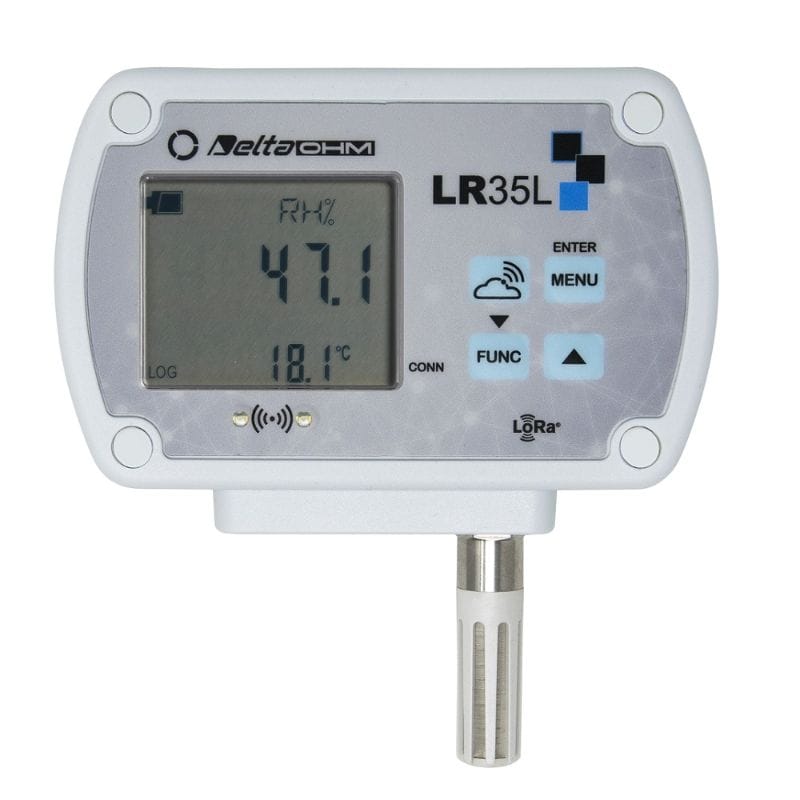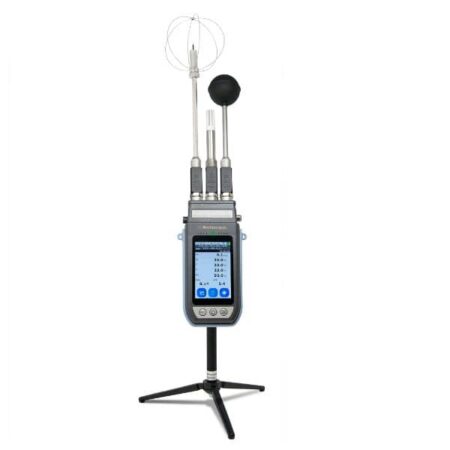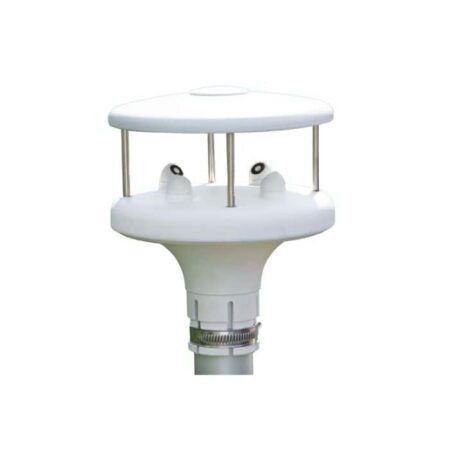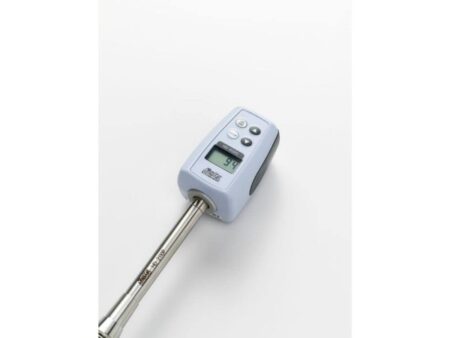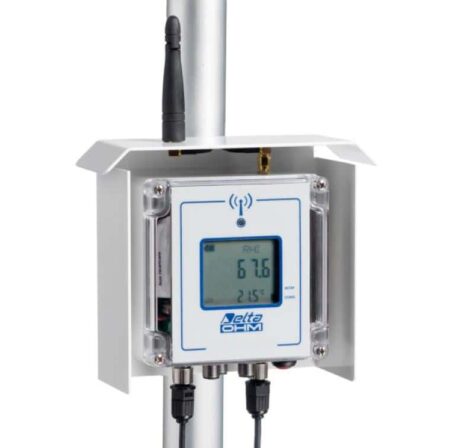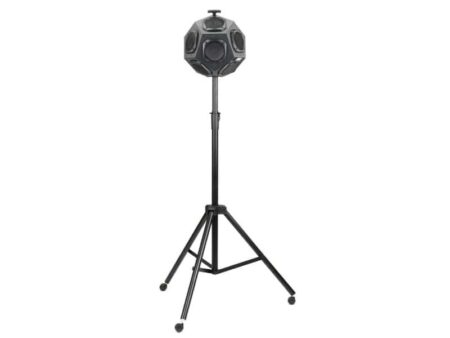Descriptions
The LR35 series offers a wide range of loggers with sensors for all general measurement conditions like temperature, humidity, differential pressure, CO2, PM.
For outdoor applications, we have specific IP67 loggers with connections to pyranometers, rain gauges and soil moisture.
Connections to any other third-party measurement with LoRa as long as it has a standard output: 4-20mA, 0-10V, Modbus-RTU is also
A system based on LoRaWAN® technology consists of 4 stages:
A. Sensors / data loggers
They detect the physical quantities at the measuring points and send the data via RF to one or more gateways (access points) of the LoRaWAN® network. The data loggers of the LR35 series can be integrated into any public or private LoRaWAN® network, even existing ones.
B. LoRaWAN® gateway (access point)
The gateway receives the data via RF from the sensors / data loggers and forwards them, using a TCP/IP connection via cellular (e.g. LTE) or ETHERNET/Wi-Fi network, to a network server. Multiple gateways can be used in the system to increase RF coverage. The gateways are not associated with particular sensors but forward the data of all active sensors in their coverage area. Delta OHM can provide already configured third-party gateways, or the user can use his own gateway and do the configuration himself.
C. Network server
It is the IoT platform that receives the data from the sensors / data loggers and forwarded by the gateway. The data loggers of the LR35 series are preconfigured to send the data to the free-to-use network server “The Things Network (TTN)”, but the user can change the configuration to use other servers, for example a possible network server embedded into the gateway, or Cloud-based platforms.
D. Web application
It is the application that allows you to view the data on the network server. It can be the Delta OHM Cloud or a third-party service, both for free use (e.g., myDevices) and for a fee (e.g., ioThink®). If the Delta OHM Cloud is used, the iotcloud.deltaohm.com platform automatically and transparently converts the data present on the network server (The Things Network) into the data format required by the Delta OHM Cloud. The Delta OHM IoT platform also allows sending data via FTP. If instead a third-party service is used, the data are available with the standard Cayenne LPP data protocol (only for the most common environmental quantities, such as temperature, relative humidity, barometric pressure, illuminance, …) or with a proprietary data protocol provided free of charge which allows you to manage any type of measurement and the development of advanced customized applications.

